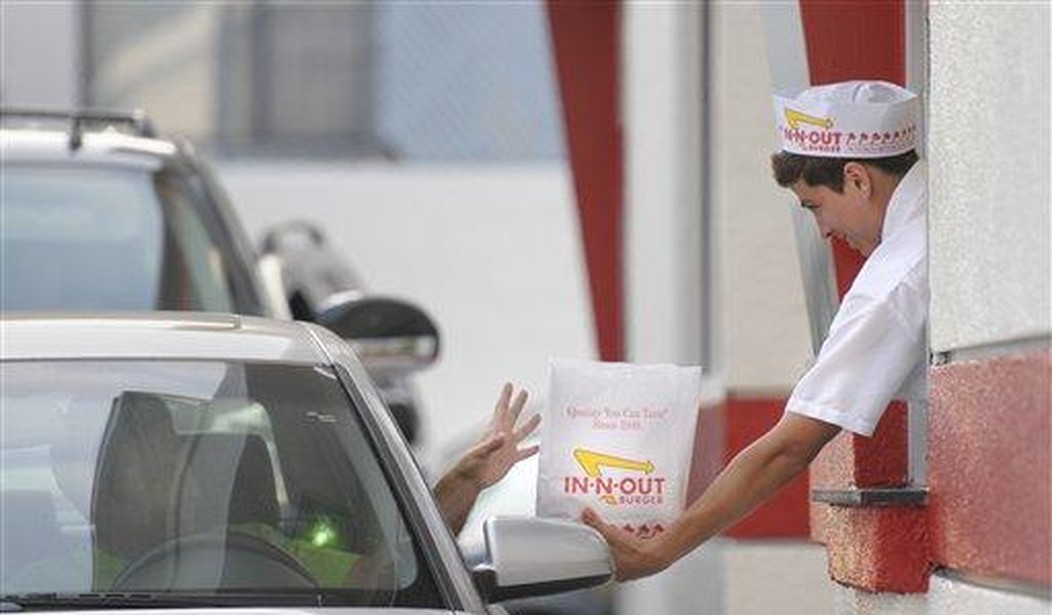A bill that would dramatically alter the fast food industry in California has now headed to Gov. Gavin Newsom’s desk.
The Legislature passed the FAST Act on Monday, which allows a government panel, the Fast Food Council, to set wages for the estimated 500,000 fast food workers in California, as well as working conditions and hours. Business advocates, workers, and union reps would have a seat at the council’s table, though Republicans have warned against giving “unchecked authority to an unelected council.”
A previous version of the bill passed by the state Assembly in January also allowed the council to oversee workplace conditions such as scheduling and made restaurant chains joint employers of their franchise’s employers, potentially opening them to liability for labor violations.
Representatives for companies including McDonald’s Corp., Yum Brands Inc. and Chipotle Mexican Grill Inc. succeeded in having those provisions removed in the state Senate via amendments over the past week, though they still oppose the bill.
“This is the biggest lobbying fight that the franchise sector has ever been in,” said Matthew Haller, president of the International Franchise Association, a trade group whose members own many fast food restaurants.
A University of California, Riverside School of Business study commissioned by the franchisee association found that setting minimum wages between $22 and $43 would generate a 60% increase in labor costs and raise fast-food prices by about 20%.
California’s current minimum wage is $15 and is set to increase by 50 cents on Jan. 1.
The final version of the Fast Act passed both houses of the Democratic-controlled state Legislature on Monday. In both the Assembly and the Senate, all of the “yes” votes came from Democrats and every Republican who voted opposed the bill. (WSJ)
Recommended
It’s unclear whether Newsom will sign the legislation or veto it. His administration’s Department of Finance made their concerns clear in a June analysis, arguing “it would create ‘significant ongoing costs’ at the Department of Industrial Relations and a ‘fragmented regulatory and legal environment’ for employers,” according to the Los Angeles Times.
The industry leaders such as the California Restaurant Association, International Franchise Association and California Chamber of Commerce, have campaigned hard against the legislation.
Whether it will work remains to be seen.
Newsom has until Sept. 30 to decide.

























Join the conversation as a VIP Member